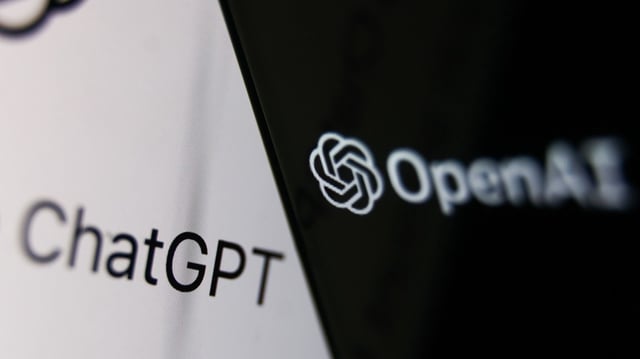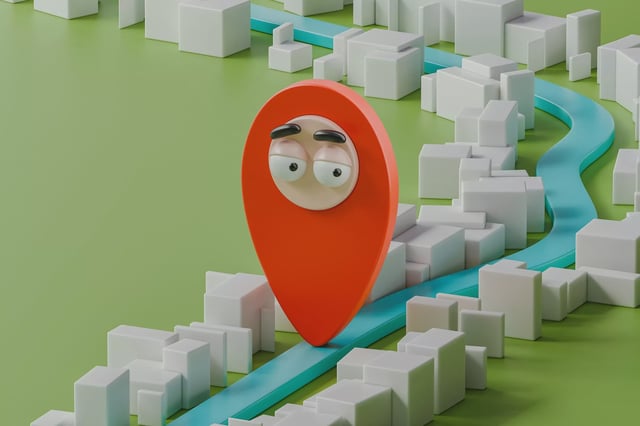Overview
- OpenAI’s o3 and o4-mini models, launched last week, integrate advanced visual reasoning to analyze and deduce locations from uploaded images.
- Users have turned the models into tools for GeoGuessr-style challenges, showcasing their ability to identify locations from minimal visual clues with surprising precision.
- Privacy advocates warn the models could enable doxxing by revealing sensitive location data from innocuous photos, such as selfies or social media posts.
- OpenAI asserts the models are equipped with safeguards to reject requests for private or sensitive information and prevent identifying individuals in images.
- Despite their accuracy, the models occasionally produce errors or get stuck in reasoning loops, highlighting both their potential and limitations.

